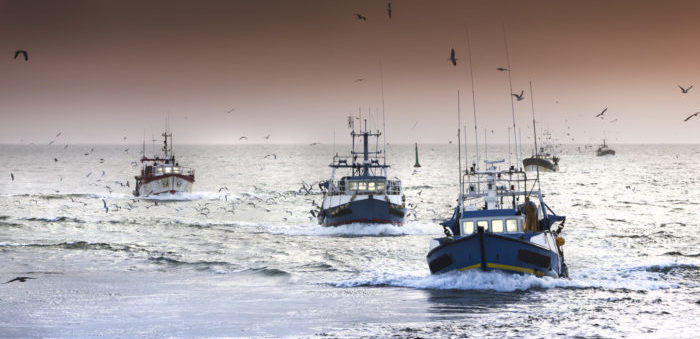The comprehensive review of the IMO treaty on Standards of Training, Certification and Watchkeeping for Fishing Vessel Personnel (STCW-F) will continue this week. Namely, the Sub-Committee on Human Element, Training and Watchkeeping (HTW 5) will review the minimum standards of competence described in the treaty.
The Sub-Committee on Human Element, Training and Watchkeeping (HTW 5), meeting at IMO Headquarters, will take place from 16 to 20 July, to review the minimum standards of competence set out in the treaty.
[smlsubform prepend=”GET THE SAFETY4SEA IN YOUR INBOX!” showname=false emailtxt=”” emailholder=”Enter your email address” showsubmit=true submittxt=”Submit” jsthanks=false thankyou=”Thank you for subscribing to our mailing list”]
It aims to update them to reflect realities in the fishing industry. The STCW-F treaty was adopted in 1995 and entered into force in 2012. It is a key component among the international instruments addressing fishing vessel safety.
The Sub-Committee will also update and revise the Guidelines on Fatigue to improve better understanding of fatigue and fatigue risk management and to reflect current fatigue and sleep research and best practices of fatigue mitigation.
Other items on the agenda include:
- Implementation of the 2010 amendments to the STCW Convention;
- Validation of 11 IMO model courses; and further topics under IMO’s on-going work on the human element.
According to UK Coast Guard, latest figures show that commercial fishing is by far the most dangerous job and UK fishermen face a risk of death over six times higher than the most dangerous land based industry.
Namely, fishing comes first as the most fatal industry by far. Fishing industry is followed by the waste/recycling industry, agriculture and construction. However, the difference is vast.








































![]](https://safety4sea.com/wp-content/uploads/2024/06/shutterstock_2318996555-350x250.jpg)





















